The burial age of 2100 years, the archaeologists found "Natasha from iPhone"
Categories: Culture | History | Science | World
By Pictolic https://pictolic.com/article/the-burial-age-of-2100-years-the-archaeologists-found-natasha-from-iphone.htmlA place called Ala-Tay, or "Russian Atlantis", located in the Republic of Tuva, never ceases to give archaeologists amazing finds. It appears from under the water just for a few weeks a year, so the scientists there to work hard. But, most of all, their work is well rewarded with interesting finds, such as this unusual object discovered this year.
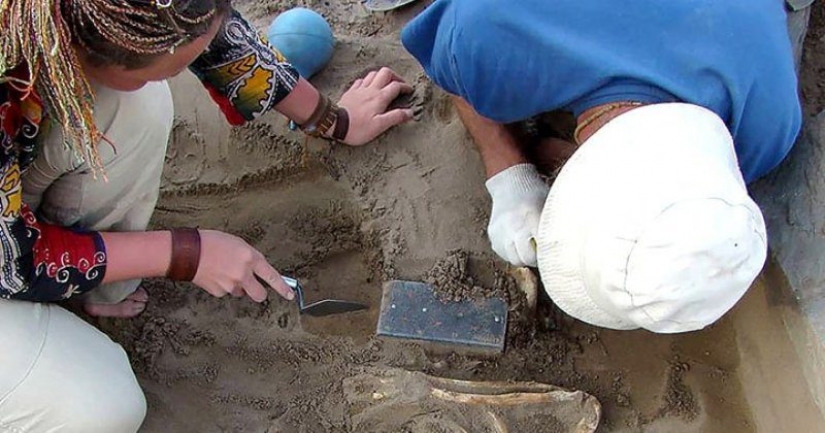
In the ancient burial of a woman belonging to the era of the Huns, were discovered during the excavations an interesting accessory, which is unique previously, scientists were not met. Dr. Marina Klonowska from the St. Petersburg Institute of history of material culture, which is headed by the Tuva archaeological expedition, not for nothing called the tomb of an archaeological sensation.
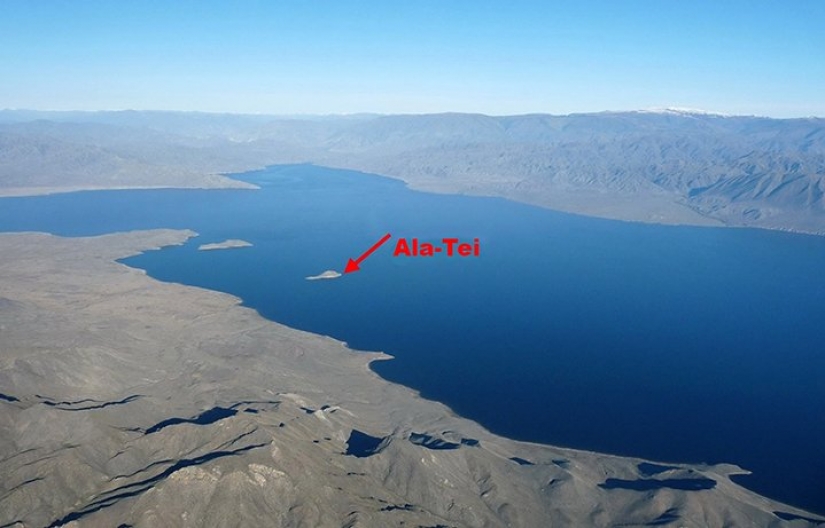
The burial, which is more than 2 millennia, was found a large rectangular buckle made of stone, inlaid with turquoise, carnelian and mother of pearl. The size of the accessory is 18 x 9 cm and archaeologist Pavel Leus, who found the object, it is more reminiscent of a modern smartphone.
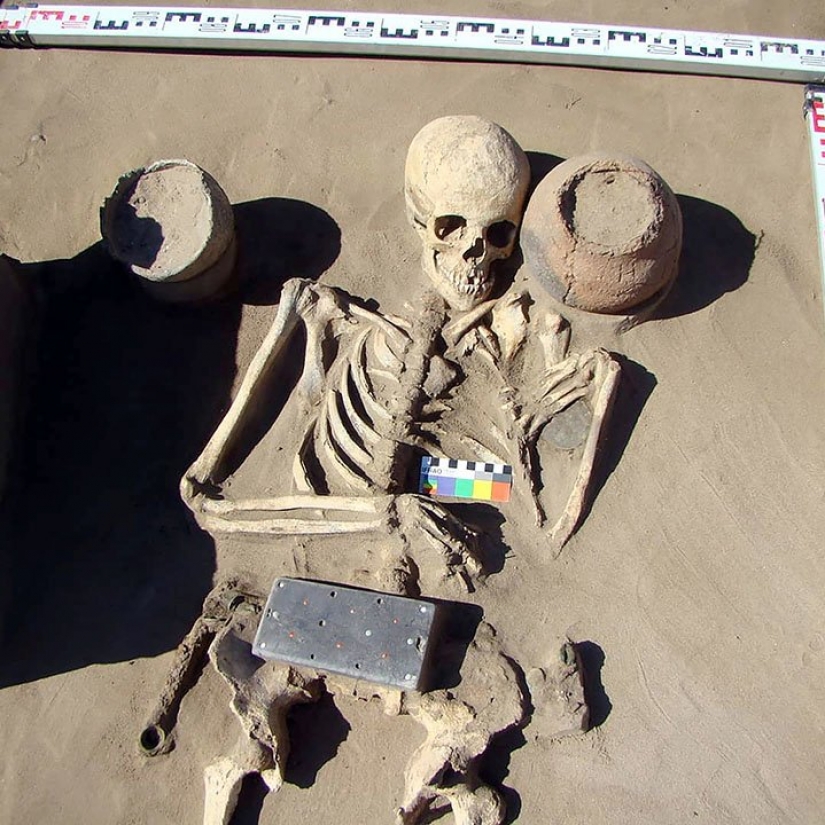
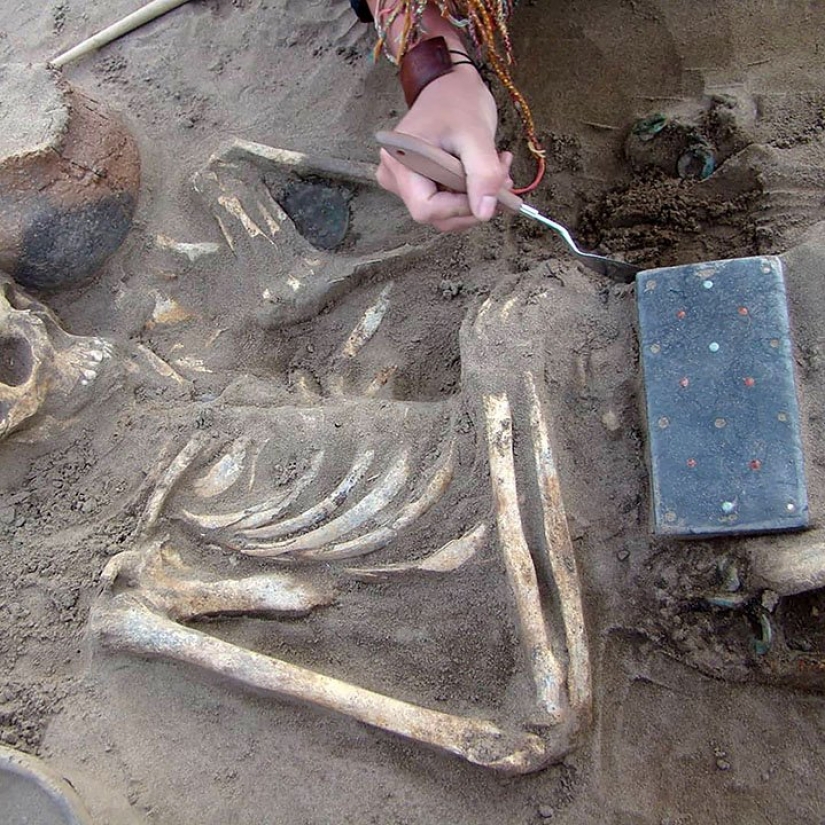
That is why archaeologists jokingly called the woman from the burial of Natasha, and the buckle — the "iPhone". In a publication dedicated to unearthing the tomb of the era of the Huns, Paul called this the burial the most interesting of all, located in the "Russian Atlantis".
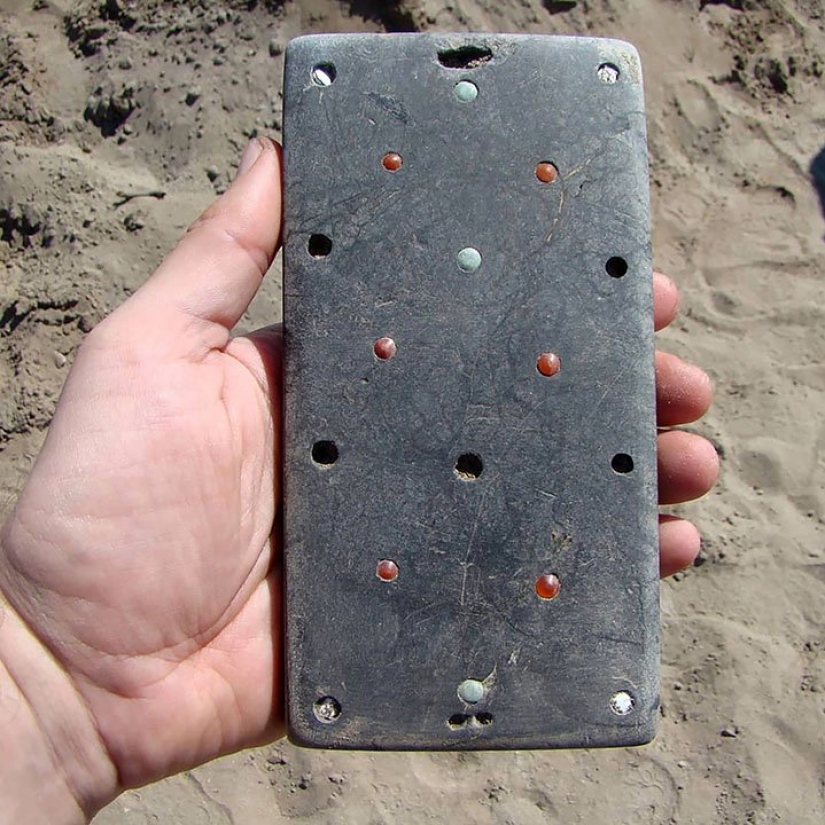
Women belt was decorated with Chinese coins ushu through which scientists easily identified the age of the burial. The oldest of all the known coins of this type were minted by the Chinese masters 2137 years ago.
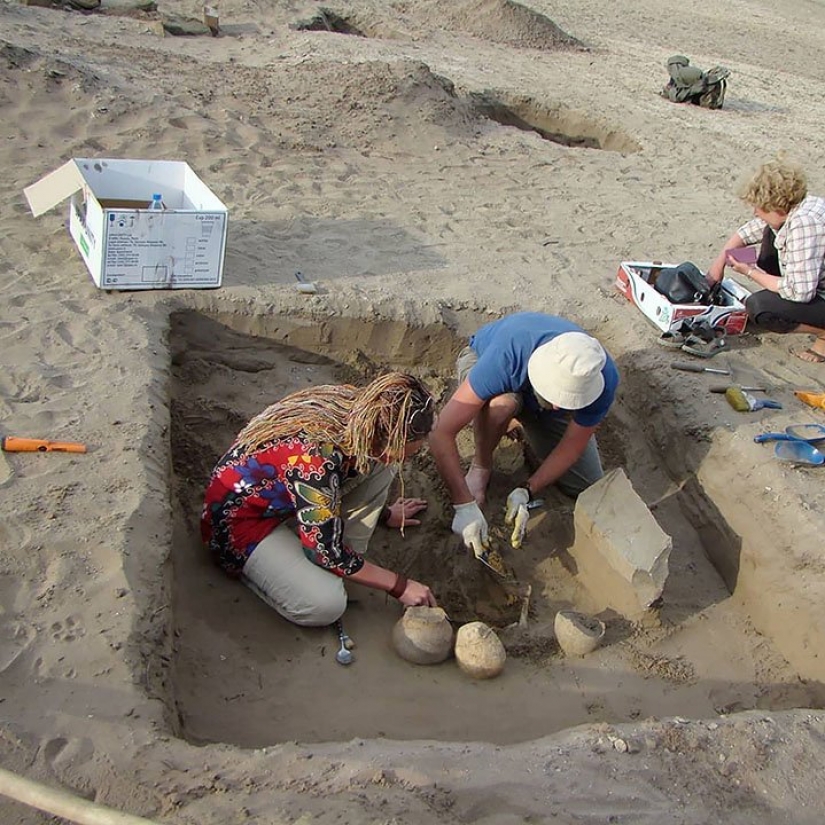
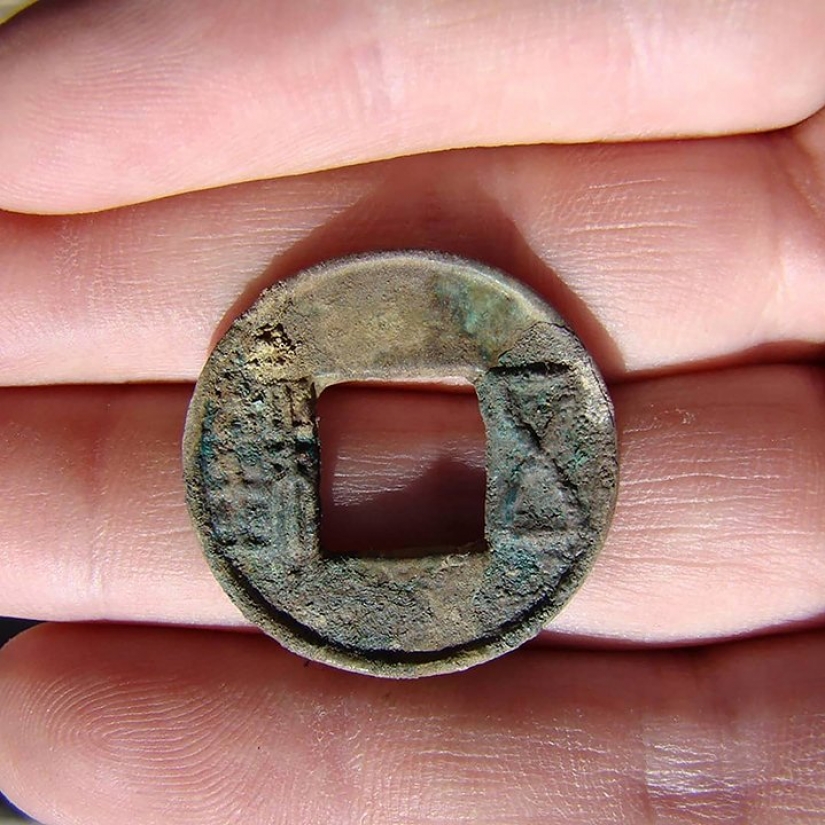
Island Ala-TEI is located in the flood zone of the Sayano-Shushenskaya hydroelectric power station in the valley Eerbek in Central Tuva. Isolated waters of the Yenisei river and emerging on the surface in a certain period the island was too tough for the looters. Due to this, scientists discovered in this relatively small plot of land 110 untouched by looters of graves of the Huns.
Certainly "Russian Atlantis" will give scientists a lot of sensationalism. But sometimes amazing discoveries await archaeologists in the distant expeditions to mysterious Islands, and very close, as the Crimean beach.
Keywords: Archaeology | Excavations | Tyva
Post News ArticleRecent articles

It's high time to admit that this whole hipster idea has gone too far. The concept has become so popular that even restaurants have ...

There is a perception that people only use 10% of their brain potential. But the heroes of our review, apparently, found a way to ...
Related articles

Among the Russian who migrated to the North, there existed legends about the mysterious people of the white-eyed Chud, who was ...

Historians believed that during the Bronze age, Northern Europe was a backward region. However, findings on the German river ...

In 79 AD, the inhabitants of Pompeii died as a result of the eruption of Mount Vesuvius. The city was located 20 kilometers from ...

New Year's is a time to surprise and delight loved ones not only with gifts but also with a unique presentation of the holiday ...